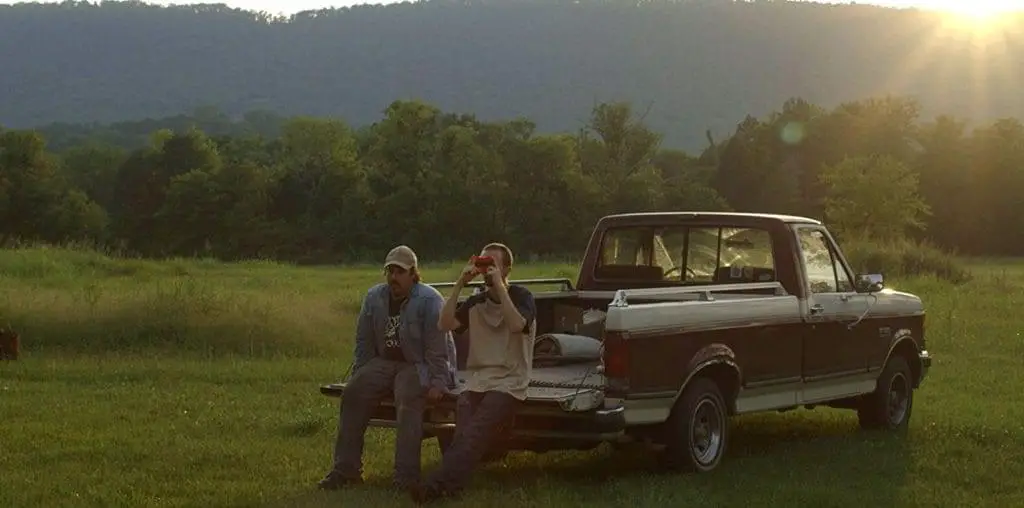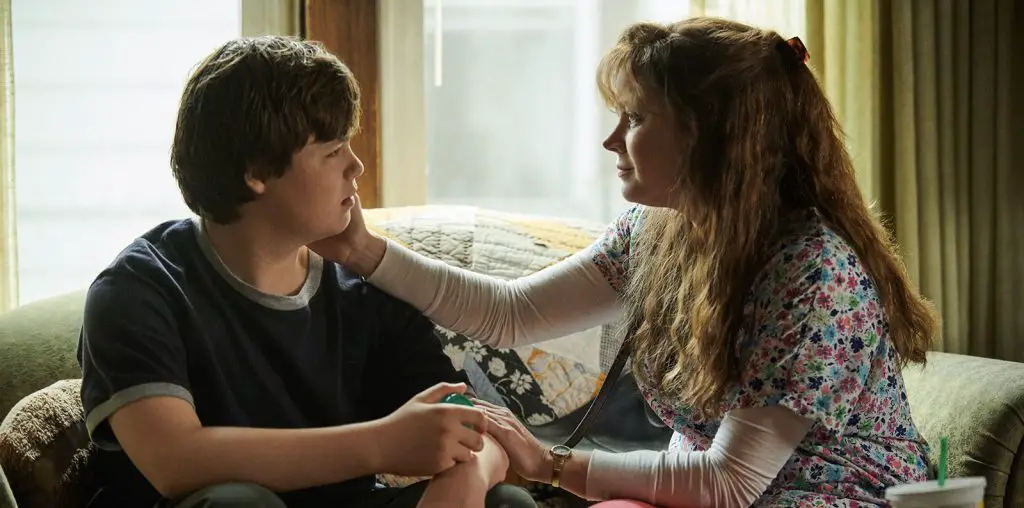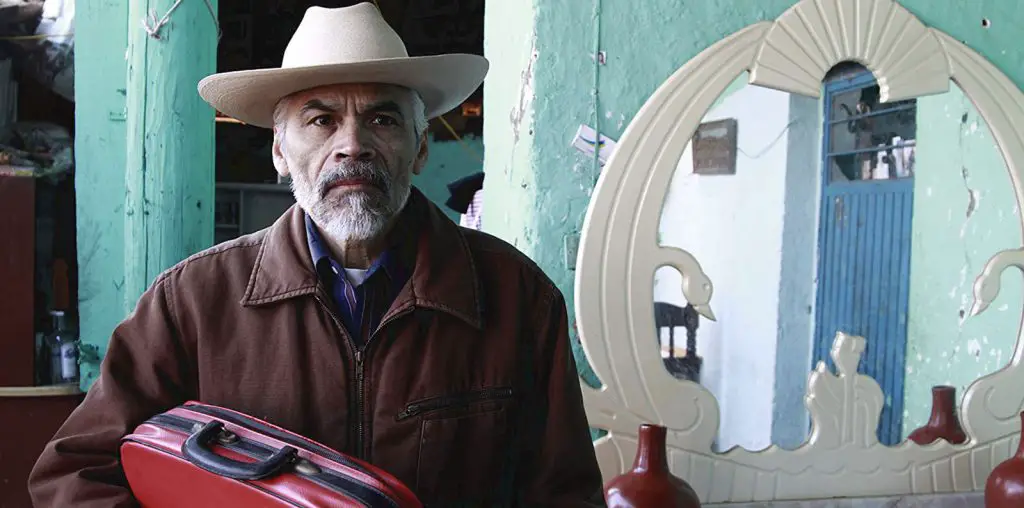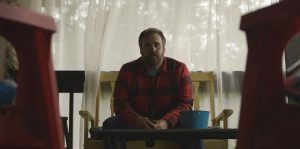
Small town life is different for everyone in writer-director Christopher Flippo’s Edge of Town. Being constantly surrounded by familiar hangouts, people, and standpoints can be completely comforting for some while being utterly poisonous for others. Whether brought about by external factors or internal challenges, these reactions exist without mutual exclusivity, and oftentimes the familiar is the least comforting element of one’s life. Unfortunately, hindsight is not always 20/20, and our memories are tempests of conflicting details and emotions assembled to preserve our ego. To explore how these differences in perspective can clash against one another, an estranged family provides the perfect petri dish for Flippo’s feature film.
Summer Roome (Audrey Deitz) spends her days managing a dentistry practice and auditioning for her local community theater while living in the house she grew up in. She struggles to find clarity in life, shuffling from one task to another, searching for an avenue to pursue her dreams. After an early morning call from her younger brother Holt (Geoff James), recently jobless and kicked out of the house by his wife Cali (Hannah Aslesen), Summer encourages him to move in with her until he finds his feet. Nearly half a year later, with no drive, job prospects, or closure, Holt manages to snag a bit of good luck, hopefully providing a foundation for his future. But before Summer can help steer her brother down a positive road, their unsavory father, Dodge (Duane Whitaker), shows up at the front door to seemingly upend everything.
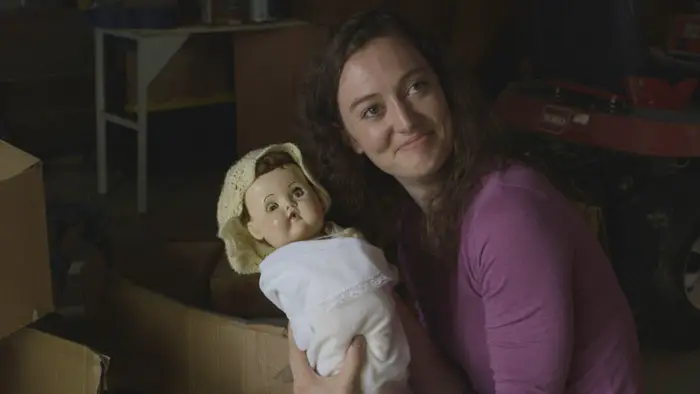
“…their unsavory father, Dodge, shows up at the front door to seemingly upend everything.”
Edge of Town is equal parts family drama and situational comedy, with enough symbiosis between the two that one genre never overshadows the other. This equilibrium is best expressed in the fluid chemistry between Deitz, James, and Whitaker, with every heartfelt moment or conflict seeming genuine. We see the full range of these characters’ effects on one another, which is echoed in how they handle their inner struggles. These changes and challenges are exhibited within the framework of awkward family comedy, which leans heavily on the cringe-worthy naivety that we often afford to our closest family members, especially if they do not deserve it.
Cinematographer Jonathan Hunt shot the domestic dramedy with slanting angles and frames-within-frames, emphasizing the increasingly claustrophobic world these characters are trapped in. Barring a few moments where the camerawork becomes somewhat janky (mostly due to framing snafus), the visual motifs are solid from start to finish, with a handful of truly awesome shots (especially one towards the climax, involving the sun) peppering the experience. While some of the more whispered dialogue can be a bit lost in the audio mix, the sound is mastered fairly well against the background music and ambiance. The same can be reiterated about Flippo’s editing, where the pacing of the cuts and utilization of audio cues to bridge scenes kept the momentum consistent.
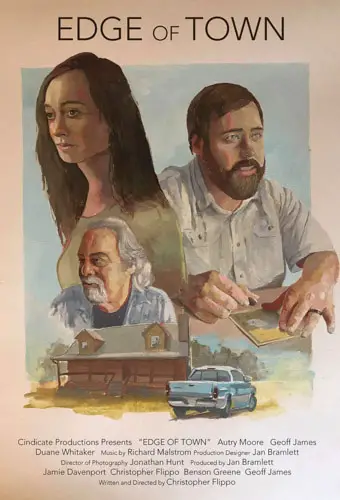
"…memories are tempests of conflicting details..."
